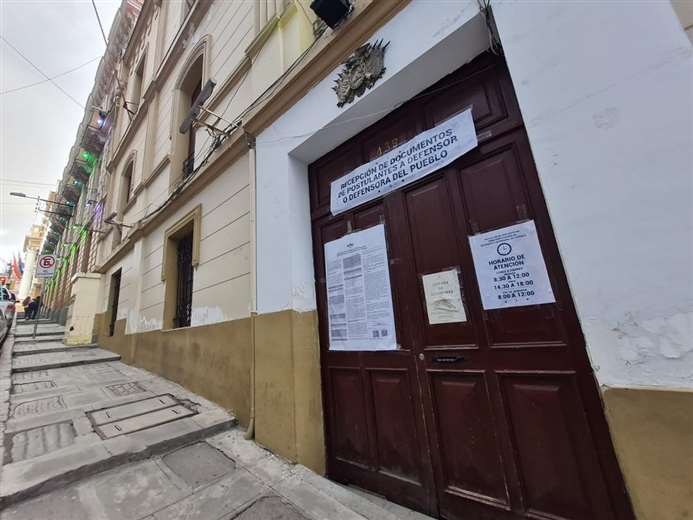A judge of the Supreme Federal Court of Brazil ordered this Friday the blocking of Telegram, a key medium for President Jair Bolsonaro and his followers in the face of the elections, considering that the popular platform does not collaborate with the authorities or combat disinformation.
Judge Alexandre de Moraes stated that the platform “stopped responding to court orders” on several occasions and determined “the complete and comprehensive suspension of the operation of Telegram in Brazil”, in the decision published on the STF website.
The popular platform, of Russian origin and headquartered in Dubai, is installed in 53% of Brazilian cell phones and is the fastest growing in Brazil, according to the Superior Electoral Court.
And it is key in the electoral strategy of the far-right president Jair Bolsonaro, who defends unlimited freedom of expression, in accordance with the platform.
In his decision, which responds to a request from the Federal Police, the judge gave the National Telecommunications Agency (Anatel) a period of 24 hours to “immediately adopt all the necessary steps to make the measure effective.”
He also asked the companies Apple and Google and internet providers in Brazil to adopt mechanisms within five days to make the use of the application in the country unfeasible.
The “complete and integral” suspension of Telegram will last “until the effective fulfillment of the judicial decisions previously issued,” said the judge, who imposed a daily fine of 100,000 reais, about 20,000 dollars, on companies that fail to comply with his order.
On Friday afternoon, the app was still working.
Among the unfulfilled orders by Telegram that have led to its blocking, Moraes cites keeping open profiles related to the Bolsonaro blogger Allan dos Santos, investigated for spreading disinformation, and also the lack of collaboration in cases of sexual abuse of minors and child pornography.
He also recalls that the Supreme Electoral Tribunal of Brazil tried unsuccessfully to summon representatives of Telegram to a meeting so that the company would collaborate in the fight against disinformation in the face of the presidential elections in October, as the networks Twitter, TikTok, Facebook, WhatsApp, Google, Instagram, YouTube and Kwai.
– An “unsurprising” move –
The platform, which has been subject to prohibition or restrictive measures in several countries, such as India and Russia, had been in the sights of the Brazilian authorities for some time, especially upset with the fact that the company does not have legal representation in Brazil and does not respond to their demands in order to avoid an avalanche of misinformation in the October elections like the one that rocked the 2018 election campaign, especially via WhatsApp.
“The measure is neither surprising nor unexpected and will have great political and electoral repercussions,” said Pablo Ortellado, coordinator of the Political Debate Monitor in the Digital Media, on Twitter.
For the professor, the blockade leaves Telegram with two alternatives: “Either it responds to the Brazilian justice to avoid losing one of its largest markets (…) or it will be definitively blocked, which would move one of the main pieces of the electoral campaigns” .
For months, Bolsonaro has been concentrating his militancy in Telegram groups and channels, after seeing some of his posts on YouTube, Twitter and Facebook deleted due to false information.
In a message posted on Twitter this Friday morning, Bolsonaro said, when disclosing the inauguration of a work by the government: “Our Telegram brings many actions of national interest every day, unfortunately omitted by many.”
“Be welcome and share the truth,” he wrote, promoting his channel on Telegram.
Unlike other applications, Telegram allows groups of up to 200,000 people, unlimited user channels and practically no content moderation, so the potential for content to go viral is infinite.
Also, it has secret chats and messages can self-destruct.
On its website, it boasts of “ensuring that no like-minded government or bloc of countries can invade people’s privacy and freedom of expression.”



